Views From the Inside
The Spring 2021 Issues in Science and Technology explores the weirdness of the cognitive ecosystem, the unpredictable politics of nuclear power, and the daunting ethics of ventilator allocation—all evidence of a world remaking itself before our eyes.
Editor's Journal
Inside Science Politics
Read MoreThree competing agendas are now coming into focus in the debate over US science policy. One looks toward supporting the institutions that were successful in the past, one considers solving the problems of the present, and the third proposes to prepare for the unknown. Taken together, they suggest an extraordinary moment for new alignments and goals for the nation’s scientific enterprise.
Forum
Data for the People!
Read MoreA Higher Ed Maelstrom
Read MoreMaking Roads Safer for Everyone
Read MoreMissing Millions
Read MoreCOVID and Disability
Read MoreInnovating Nurses
Read MoreThe Importance of a Computer Science Education
Read MoreChoosing Electric Vehicle Policies With Care
Read MoreWhy Buy Electric?
Read MoreMaintaining Control Over AI
Read More
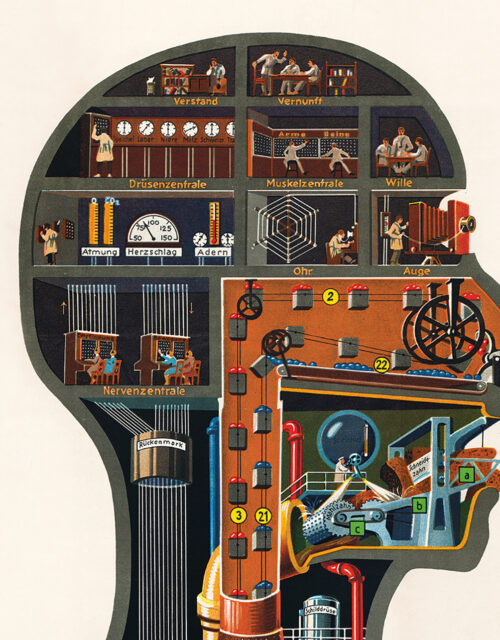
Gallery
Technoscientific Bodies
Perspectives
Science for Hyper-Partisan Times
Read MoreAs the new Republican majority in the North Carolina state government began to develop environmental policy initiatives for issues including coastal management, domestic energy, and broad regulatory reform, the agenda for holding environmental science hostage to hyper-partisan rancor was fully developed. And then, a miracle happened.
Need Public Policy for Human Gene Editing, Heatwaves, or Asteroids? Try Thinking Like a Citizen
Read MoreThe new administration has outlined ambitious initiatives for public action on the pandemic, climate change, and the stagnating connection between innovation and economic outcomes in communities around the country, issues that will require new levels of informed public guidance of policy.
Shining a Light on the Impacts of Our Innovations
Read MoreConsigning the impact of our innovations to a postscript has given rise to many current dilemmas now facing society, such as climate disruption and bias in algorithms. Not acknowledging how profoundly science affects society is naive at best and dangerous at worst.
Trust in Science Is Not the Problem
Read MoreProblems around expert advice and the public are best considered one societal issue at a time and should be viewed in terms of how scientific advances intersect with such variables as individuals’ values, economic and other interests, or politics.

Interview
“Talent and Ideas Are Democratized in the Sense That They Are Everywhere”
Poetry
The Perfect City Code
Read MoreWhat are city codes for? A poet finds the human in the vocabulary of urban planning.

Gallery
Electric Energy
Real Numbers
When the Drone Is in Your Backyard
Read MoreA handful of companies have launched trial services, and there is a widespread expectation that drone deliveries will eventually become routine. This early point in the emergence of a new technology presents an opportunity to examine the complexity of public attitudes toward innovation.
Features
A Catalyst for Innovation in the Flyover States
Read MoreOur analysis showed that underserved states consistently outperformed higher-award states in commercializing the outcomes of their DOD SBIR projects. Underserved states generally did better in total sales, sales to the private sector, sales to the military, and sales of research and development services for specialized applications.
A Manifesto to Responsibly Extend Reality Into Virtual Realms
Read MoreVirtual and augmented reality technologies will facilitate a move away from the computer keyboard and mouse to a more immersive form of computing in which we interact with computers with gestures, physical behaviors, and voices, while the “world” becomes our screen.
World Wide Weird: Rise of the Cognitive Ecosystem
Read MoreIt is too early, and the changes are coming too fast and too broadly, to be able to predict how humans will interact over time with the distributed techno-human cognitive structures that are growing increasingly complex and powerful around us.
Can Nuclear Power Go Local?
Read MoreNeither more communication nor technological innovations are likely to change the underlying driver of opposition to nuclear energy for progressives: a view that the technology is inherently antidemocratic and doesn’t fit with the small-scale, decentralized clean energy future they envision.
Deep Time: The End of an Engagement
Read MoreThree decades after Congress selected Yucca Mountain as the only candidate for a geological disposal site, and a decade after it was taken off the table, no options for long-term management are in play.
COVID-19 Through Time
Read MoreTime became a balm for the uncertainty bred of ignorance, or at least for some of it. It provided an opportunity to make sense of one’s clinical observations and experiential learning and transform a disorganized set of novel findings into more coherent insights that would improve patient outcomes.
Reimagining Nuclear Engineering
Read MoreWe are attempting to imagine a path toward a nuclear engineering discipline that better prepares its intellectual progeny to sense and reason with the inevitable moral dissonances that the management—creation as well as dismantlement—of nuclear technologies poses for society.
Design Principles for American Industrial Policy
Read MoreThe most politically practicable industrial policies aren’t necessarily the most efficient. And the more efficient alternatives are often difficult to adopt or maintain. Policymakers are left to choose between politically viable initiatives that are economically risky and economically viable initiatives that are politically risky. They must find a compromise path between these two unpalatable options.
Book Reviews
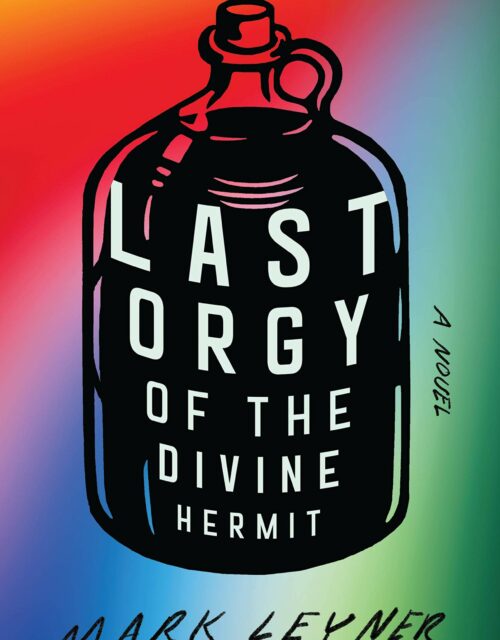
Leyner on Love
Read MoreReading Mark Leyner’s fiction is like entering an elevator where every button is labeled in menacing gibberish.
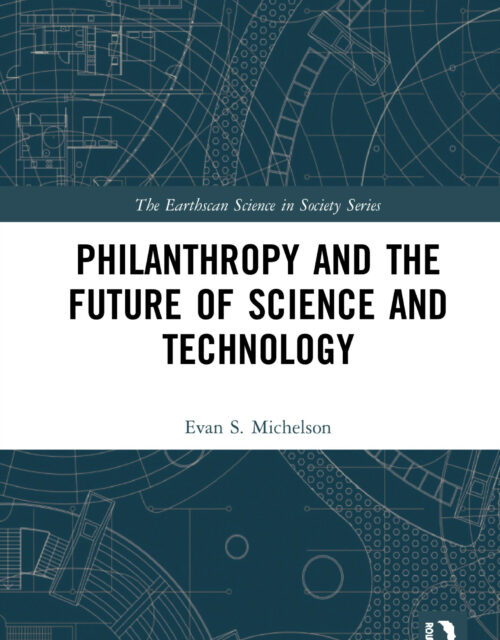
Open to Experimentation
Read MoreThe idea that science philanthropy should improve society is noncontroversial: other than movie villains, who sets out to make society worse? It’s much harder, though, to identify research that makes society better off, not only in the direct sense (“Is this grant going to generate something useful?”) but also in the more abstract sense (“What does a better-off society look like?”).
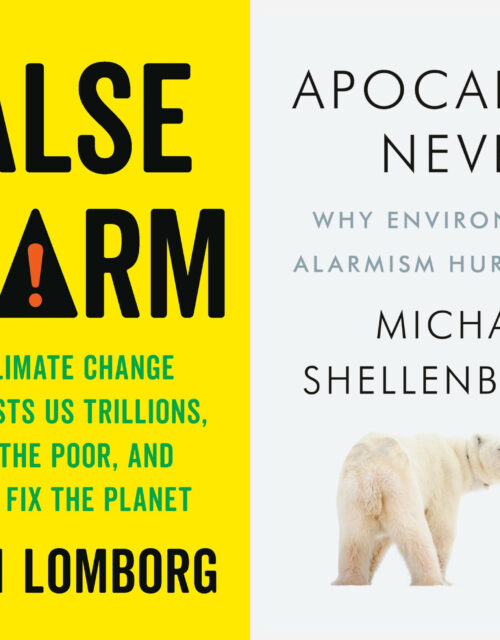
Talking Past Each Other
Read MoreThe pandemic has upended our notions of what the future could hold, possibly motivating an overdue reconsideration of efforts to confront a future of climate change. Policymakers’ current inability to move past incrementalism on an issue of planetary scale is absurd, even morally offensive. We simply can’t do what we’ve done for three decades and expect different results. A carbon tax won’t save the planet.
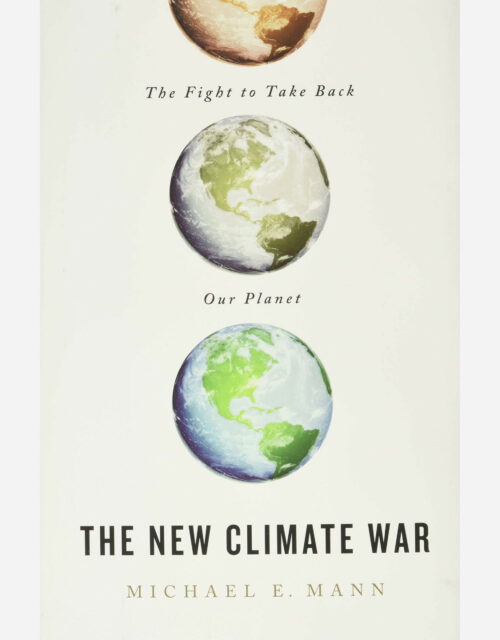
The Tragedy of the Climate Wars
Read MoreThe nefarious hand of the fossil-fuel lobby is everywhere. This worldview leads Mann to some ludicrous contentions that, taken together, result in The New Climate War: The Fight to Take Back Our Planet offering an incoherent and distinctly unhelpful narrative on climate change.
